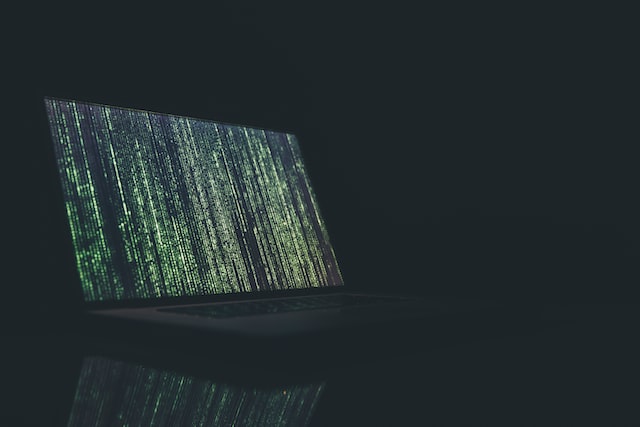Dec 14, 2022
Importance of Computer Security
Computer security is essential for every company big or small. The threats posed by cybercriminals are ever-increasing. Hackers now rely heavily on malware to gain access to computers because they’ve learned to exploit vulnerabilities in software. Keep reading to discover the major reasons why computer security is important.
Cybercrime has escalated
The number and severity of cybercrimes have risen dramatically over the past decade. There were 746 million new emails sent globally last year alone. That’s almost a billion emails! With so much communication being conducted online, cybercriminals can spread malicious programs quickly across networks. These programs can steal sensitive information from companies and individuals alike. They can also be used to disrupt systems and cause significant damage. No company should take these risks lightly.

Your employees use your network
Every employee at a company has access to its network. This means that hackers could potentially get onto a network simply through an infected email attachment or link. Once inside, the hacker could do anything from stealing information to making changes to files and deleting data. Employees are not only exposed to this risk but their actions may also place other people at risk too. If your organization allows users to share links to social media sites, you need to ensure they’re safe and secure. Also remember that if someone else shares a password with you, then it might be possible for them to log into that account. You should never give out any information about your passwords or personal details.
It costs money
It can cost businesses hundreds of thousands of dollars per incident. There are legal fees, compensation to victims, lost productivity, and more. Plus, many organizations don’t have sufficient resources to protect against all potential attacks. Even though most companies understand how costly cybercrime can be, they often underestimate the threat until it’s too late.
A breach can make bad press
A recent survey revealed that nearly two-thirds of companies said that a data breach would result in negative publicity for their business. Almost half of those surveyed noted that they’d lose customer confidence as well. So, imagine having millions of customers’ credit card numbers stolen. Imagine what it must feel like knowing they’ll be checking their statements for unauthorized charges instead of spending time with friends and family.
Protect your business from fraud and theft.
It’s possible that a hacker could use your login credentials, for example, to get unauthorized access to your bank account. You can prevent this sort of thing by using strong passwords. Also, make sure you have antivirus software installed to protect against viruses that may be sent through email attachments or other means.
Prevent data loss.
Your hard drive might crash, meaning all the information stored there will be lost forever. Backing up files regularly will help ensure that this doesn’t happen. In addition, it’s always a good idea to take regular system snapshots. This helps if you need to restore an image of your workstation after a virus has destroyed everything on it.
Stop spam emails from clogging your inbox
Spam filtering programs like McAfee Virus Scan Plus protect for this reason. They allow you to block incoming messages based on type. For example, you can tell McAfee not to open all emails with “phishing” in the subject line. You’ll also be able to set up rules to automatically delete junk mail based on sender address (for example, don’t delete any emails from addresses ending in.com).
Make sure employees aren’t accessing personal info.
If your staff knows their Social Security number, credit card numbers, banking details, etc., then they should never write them down anywhere. It could be used as evidence when something does go wrong. Instead, store these things securely online so only authorized people can see them.
Track employee activity.
Use anti-virus program tools like McAfee Virus Scan Enterprise to monitor how often users log onto their machines. This way, you can keep tabs on who is doing what, which gives you a better chance of catching problems before they arise. In addition, you can do more than just track activity. You can check logs for malicious activities such as attempted password changes, keystroke logging, spyware installation, and rootkit creation.
Limit sharing of sensitive information.
If someone leaves your organization and takes home a laptop with confidential information on it, that person could share that info with others. To avoid this, limit the ability for anyone to access personal files, including documents, spreadsheets, presentations, photos, music, video, etc. You can also create policies that require permission before allowing users to remotely access systems and devices.

Avoid being hacked yourself.
Hackers want your data, but they’re also interested in your machine itself. By keeping your operating system patched and updated, installing security applications, and disabling unneeded features, you can reduce the risk of becoming a victim of a targeted attack.

Improve customer service.
An easy way to improve customer service is to give customers a sense of security. If they know their data is safe while they’re working with you, they’ll be less likely to complain about problems that they experience.
The Bottom Line.
As mentioned above, the main goal of computer security is to stop hackers from gaining access to your network. However, implementing a solid plan is only part of the equation. The real trick is making sure you stay one step ahead of would-be attackers.
More Details